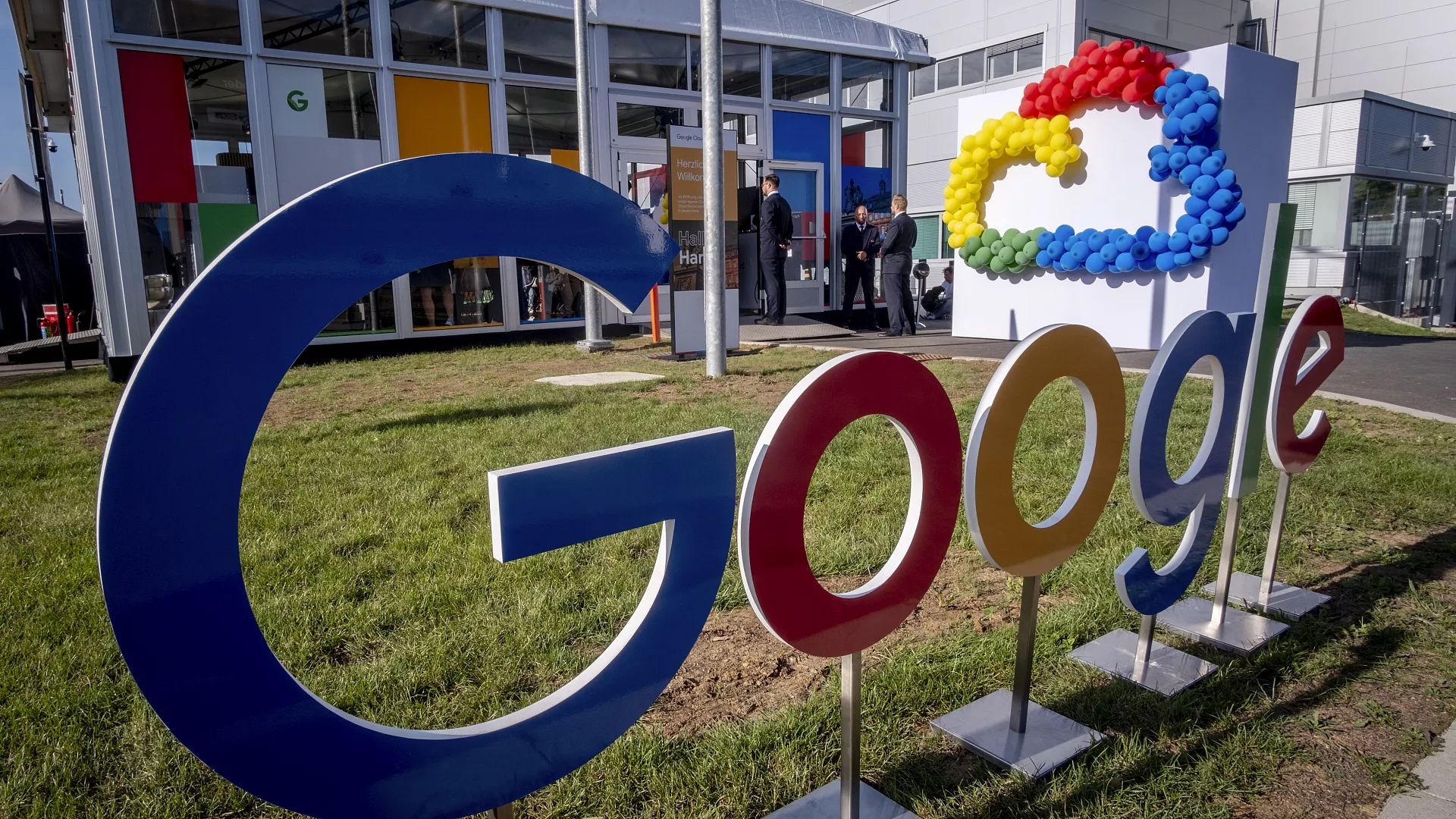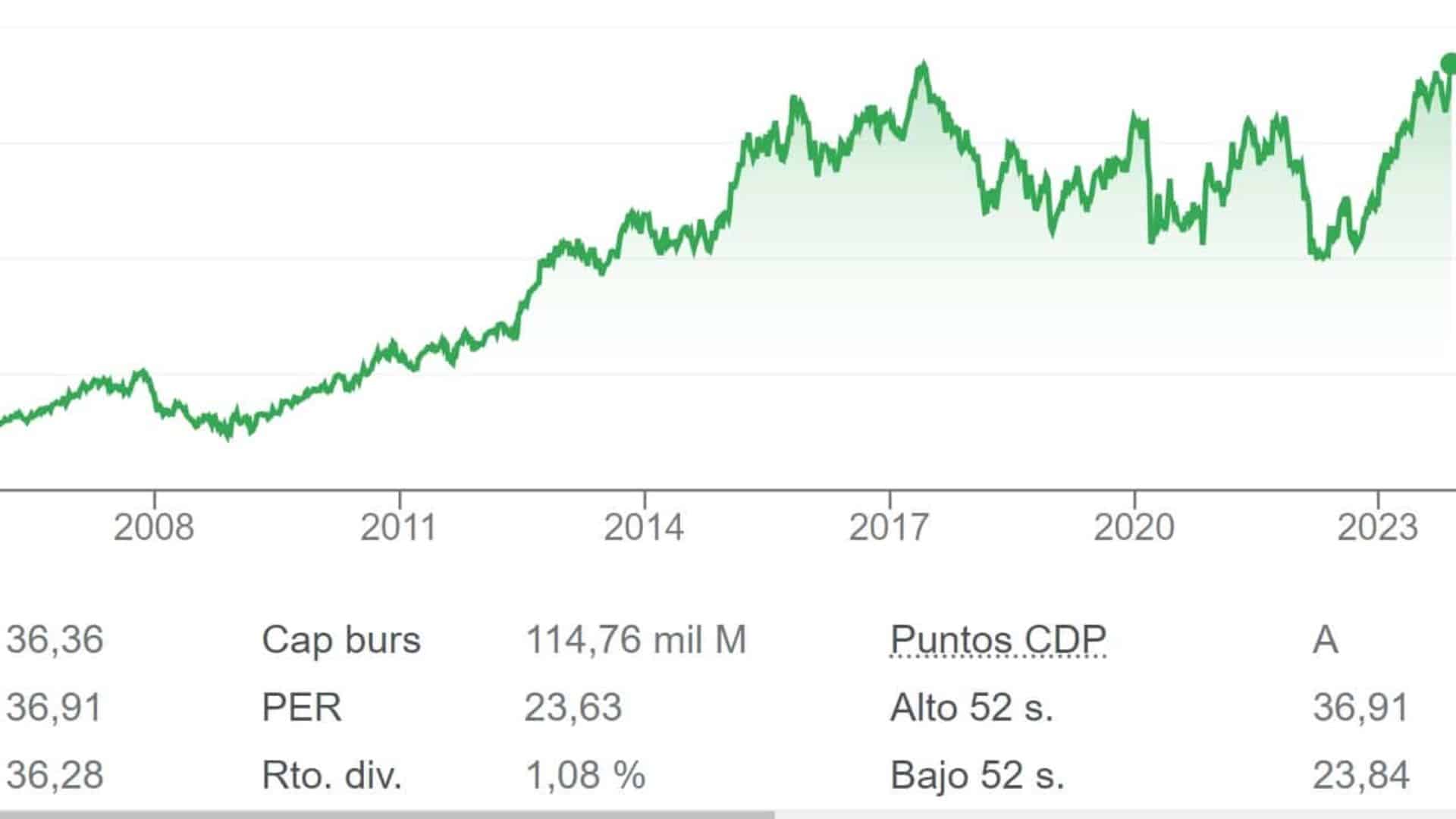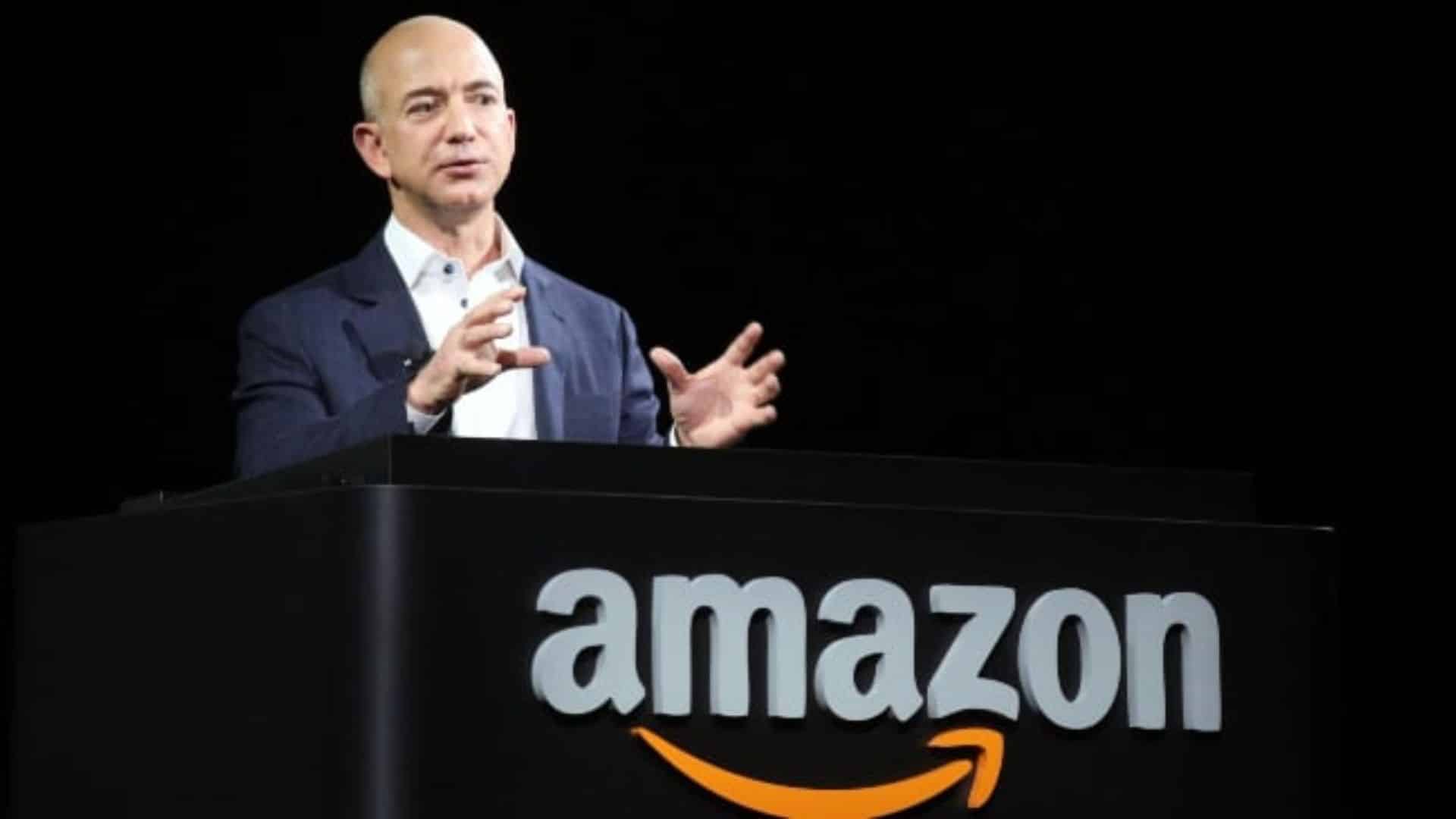
US believes Google pays Apple $10 billion a year as a default search engine in its products
The start of the antitrust lawsuit launched by the Department of Justice against Google has left a first strong figure to justify the case. The plaintiff agency considers that the technology giant pays more than 10 billion dollars a year to Apple to remain as the default search engine in its products, which would result in a monopoly in mobile searches. This figure has never been disclosed and is subsumed in the results presented by the iPhone manufacturer, although the Department of Justice itself has already estimated it to be between 8 and 12 billion by the end of 2020.
This inaugural front already explains the traditional positions of both parties: Google considers that the quality of its search engine justifies it being chosen by companies such as Apple to offer it to its users as a default option, and also indicates that this condition is important but not decisive in stimulating its use compared to other competitors. And the Justice Department argues that the technology giant minimises the possibilities of facing competition by owning one of the two major mobile operating systems, and therefore defaults its products to Android, while paying for its search engine to be the easiest option in the ecosystem of its only major competitor.
If the figure pointed out by the government is close to reality, it would mean that since 2014 Apple would have multiplied by 10 times its turnover associated with Google in terms of predefining the search engine. In that year, both companies reportedly agreed to pay 1 billion dollars, according to a witness from the search giant during the trial against Oracle since 2012 for the use of the Java programming language without compensation. In those same sessions, it was said that an iOS user is four times more profitable than an Android user, hence the interest in the agreement.
However, the figure offered by the Department of Justice falls far short of the $15 billion that the analyst at investment manager Bernstein Toni Sacconaghi estimated would be paid out in 2021. And in fact that estimate was based on an increase of almost 50 percent over the previous year, when he did point to $10 billion as the likely payout. The analyst developed his accounts in a note to the firm’s investors, in which he correlated Apple’s revenue data and traffic acquisition figures reflected by Google.
The Justice Department considers the deal to be one of the pillars on which the search giant’s monopoly is built.
Even then, he pointed out that if the authorities prevented such an agreement at some point, it could have a 4 or 5% impact on the iPhone maker’s gross profit, in a scenario of regulatory pressure that he saw as likely but relatively distant. At the time, there was speculation that Apple was working on creating its own comprehensive search engine as an alternative to this possible scenario, something that could be accelerated depending on the outcome of the lawsuit against Google.











